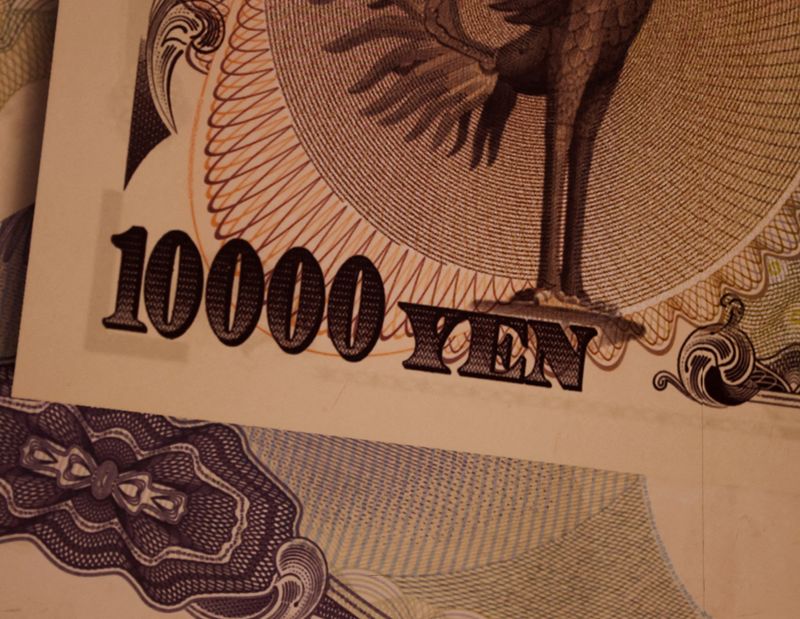Tetsushi Kajimoto and Yoshifumi Takemoto
TOKYO (Reuters) – Japanese authorities could intervene in the foreign exchange market to stop a sharp fall in the yen “at any time” if its actions were excessive enough to justify such action, a former senior Japanese currency official told Reuters on Monday.
Takehiko Nakao, who was vice finance minister for international affairs from 2011 to 2013, made his comments as the Japanese currency hovered near a 34-year low hit last month against the dollar.
“The yen has weakened strongly against the dollar,” Nakao said, citing the IMF’s real effective exchange rates and the so-called Big Mac index, designed to compare the purchasing power of hamburger currencies around the world.
A weak yen has a significant impact on real household incomes and consumption, although it pushes up property and stock prices, Nakao said.
“This is not desirable,” Nakao said, referring to the yen’s roughly 30% fall against the dollar from 2022. The yen was last traded at 151.70. It hit a 34-year low of 151.97 in March.
Japan last intervened in October 2022, when the yen fell to the upper range of 151-152 yen.
Japanese officials have warned against “speculators” trying to sell off the yen, saying they would not rule out some measures to respond flexibly to excessive currency movements.
As Japan’s currency czar, Nakao led intervention operations, buying up dollars to keep the yen from strengthening past its record level of just above 75 yen.

“It would be easier to gain understanding from other countries when Japan intervenes to strengthen the yen rather than weaken it to improve export competitiveness,” Nakao said.
“If you look at the level of the yen and its underlying movement with signs of speculation, I would not be surprised if the authorities intervene at any time,” he said.


